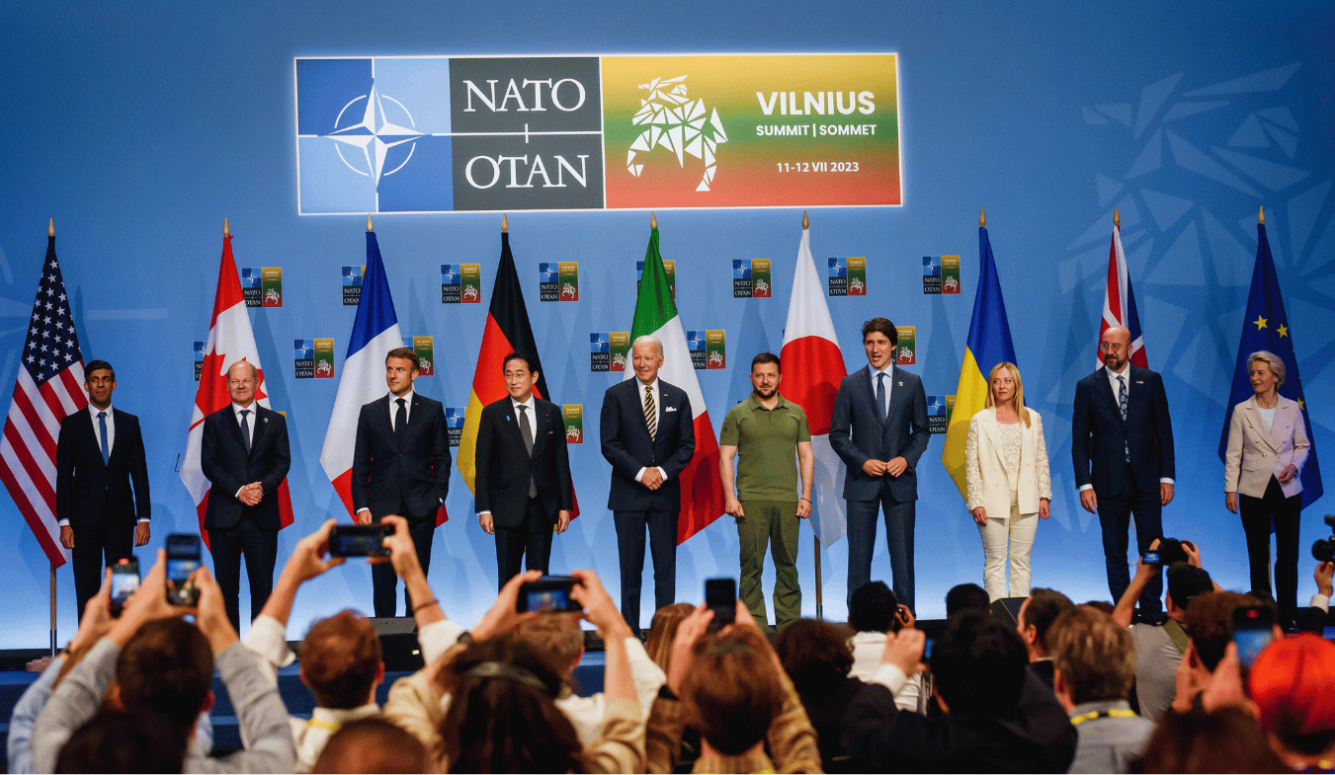Politics
The Vilnius Fiasco
There is a better way to protect Ukrainian sovereignty and security—and long-term Western interests—than NATO membership.
· 24 min read

Keep reading
Buckley’s Blind Spots
Ronald Radosh
· 25 min read
The Art of Not Quite Listening
Thomas Larson
· 9 min read
Hell in North Germany
Ron Capshaw
· 12 min read
Why the Islamic Republic Must Fall
Armin Navabi
· 8 min read
Podcast #292: Social Work Without Stereotypes
Jonathan Kay
· 21 min read
Purity, Profit, and Politics
Steve Salerno
· 22 min read





